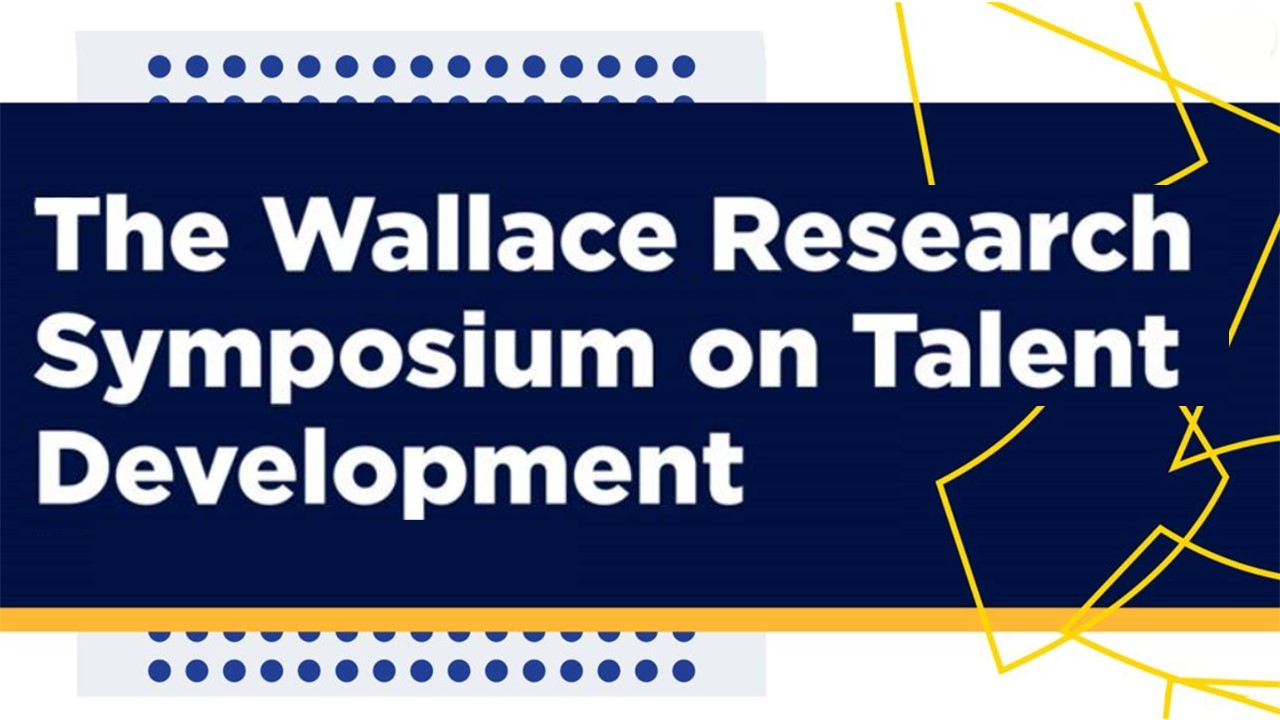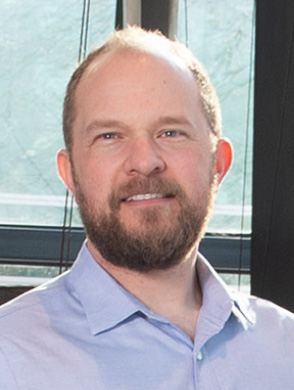
Schedule
Speakers
Campus/Building Maps
Updates
Building a Community for Neuroscience-oriented Research on Twice-exceptionality — Jacob Michaelson
Tuesday, May 21, 2024, 9:15 – 10:15 am, Lawrence D. McHugh Hall, Room 205
The conventional understanding of high cognitive abilities often assumes positive prognoses across a variety of neurodevelopmental, neuropsychiatric, and neurodegenerative conditions. However, this paradigm does not fully apply to “twice-exceptional” individuals: those who possess exceptional cognitive abilities yet grapple with significant behavioral and mental health issues.
Our work examining multiple large samples (including SPARK and a sample of clients from the Belin-Blank Center) discovered that autistic individuals with high IQ (>=120) were fifteen times more likely to reach adulthood undiagnosed compared to lower-IQ counterparts. This discovery underscored the alarming underrepresentation and underservicing of high-ability autistic individuals. Furthermore, as Full-Scale IQ (FSIQ) increased within the clinical sample, self-reported feelings of inadequacy and anxiety significantly escalated, sharply contrasting the trends observed in non-autistic individuals. A unique cognitive pattern of slower processing speed (PS) coupled with heightened verbal comprehension (VC), termed as PS/VC discrepancy, was found to be associated with autism, inattention, and internalizing issues.
Our research has further uncovered a concerning correlation between autism, high cognitive ability, and suicidal ideation. Autistic individuals with high cognitive ability exhibited significantly higher incidences of suicidal thoughts than their non-autistic counterparts, with these risk factors also genetically linked through elevated polygenic scores for cognitive performance and educational attainment.
In our ongoing research, we are expanding our focus beyond autism to include extended families wherein exceptional abilities and mental health issues coexist among members. This holistic approach incorporates a broad definition of exceptional ability and includes a comprehensive array of data, including cognitive assessments, language evaluations, medical records, neuroimaging, and genetic information. The aim is to deepen our understanding of the complex interplay between exceptional cognitive ability and mental health challenges.
The emerging narrative from these studies highlights the urgent need for improved recognition and support for high-ability individuals with autism. Far from an unmitigated advantage, elevated cognitive ability in autism may, paradoxically, predispose individuals to severe mental health issues, including higher suicidal ideation risk. This nuanced understanding of twice-exceptionality calls for a reassessment of the support structures for these individuals within our educational and healthcare systems.
